(609) 270-1337
Call For Estimate: (609) 270-1337
How to Enroll Your Child in a New School After an Interstate Move
Interstate moves can be challenging, especially when it comes to getting your child settled into a new school. This comprehensive guide offers a keyword-rich overview of school enrollment after an interstate move, walking you through the enrollment process, comparing public and private school options, and explaining school zone laws and transfer procedures to help make your transition smooth and stress-free.
How Do I Transfer Schools After Moving Made Easy: A Step-by-Step Guide
Begin by informing your current school about your move and your plan to transfer. Next, register at your new school. They will contact your previous school to request your academic records. Once the records are sent, your enrollment will be closed at your old school and completed at your new one.
Public vs Private: How to Choose the Best School for Your Kids
Deciding between public and private schooling is a personal choice that depends on your child’s needs and your family’s priorities. Public schools, typically funded by local taxes, offer a diverse environment with state-mandated curricula and a range of extracurricular activities. On the other hand, private schools might provide a more tailored educational experience with smaller class sizes and specialized programs, though they usually require tuition payments and may have more rigorous admission processes. When choosing the best school, consider factors such as academic performance, available resources, and the overall culture of the school. Visiting campuses and talking to administrators or other parents can provide valuable insights that help you decide which option aligns best with your child’s learning style and your family’s values.
School Zone Laws & Transfers: What Every Parent Should Know
Navigating school zone laws and transfer procedures is a critical part of the enrollment process after an interstate move. Many districts have specific guidelines that determine which school your child is eligible to attend based on your new address. Understanding these rules is essential because they affect not only enrollment but also bus routes and overall school funding. If you’re moving to an area where your child’s current school is not within the designated zone, you might need to apply for a transfer or seek a waiver from the district. These decisions are often handled on a case-by-case basis, so it’s important to communicate directly with school officials about your situation. Knowing the ins and outs of these laws ahead of time will help you avoid any last-minute surprises and ensure that your child is placed in the right educational setting without unnecessary delays.
Long Distance Moving Services
- Alabama
- Arizona
- Arkansas
- California
- Colorado
- Connecticut
- Delaware
- Florida
- Georgia
- Hawaii
- Idaho
- Illinois
- Indiana
- Iowa
- Kansas
- Kentucky
- Louisiana
- Maine
- Maryland
- Massachusetts
- Michigan
- Minnesota
- Mississippi
- Missouri
- Montana
- Nebraska
- Nevada
- New Hampshire
- New Jersey
- New Mexico
- New York
- North Carolina
- North Dakota
- Ohio
- Oklahoma
- Oregon
- Pennsylvania
- Rhode Island
- South Carolina
- South Dakota
- Tennessee
- Texas
- Utah
- Vermont
- Virginia
- Washington
- West Virginia
- Wisconsin
- Wyoming

Save Up To 35% On Long Distance Moving Services
We help thousands of home and business owners move their property all over the US. Let us help save you money on long distance movers.
Contact Us
We will get back to you as soon as possible.
Please try again later.
GET START YOUR MOVE WITH US
Call Now: (609) 270-1337
OPENING HOURS
- Mon - Fri
- -
- Sat - Sun
- -
Long Distance Moving Disclaimer
A properly licensed interstate broker, such as US Interstate Moving, LLC, is not a motor carrier and will not transport an individual shipper's household goods, but will coordinate and arrange for the transportation of household goods by an FMCSA authorized motor carrier, whose charges will determine by its published tariff.
All estimated charges and final actual charges will be based upon the carrier's tariff which is available for inspection from the carrier upon reasonable request.








